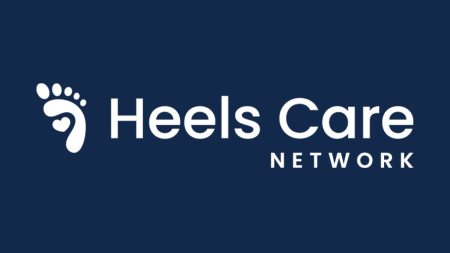The week of Aug. 28, the Carolina community experienced pain and fear in ways we should never have to. As the days and weeks go on, it remains important for Tar Heels to look out for themselves and others.
“I encourage you to continue supporting your fellow Tar Heels,” Chancellor Kevin M. Guskiewicz said last week. “We need each other, and we can’t face the challenges of our world alone.”
No one at Carolina is in it alone. Keep reading to find tips and advice from mental health experts on how to process traumatic events and support all Tar Heels, including yourself.
Although we're all bound to the same tragedy, we each respond to trauma in our own ways. Checking in with friends, colleagues, classmates, students and others is an important way to ensure our collective well-being.
Keep scrolling for advice on how to be of service to others and how to best communicate our feelings.







